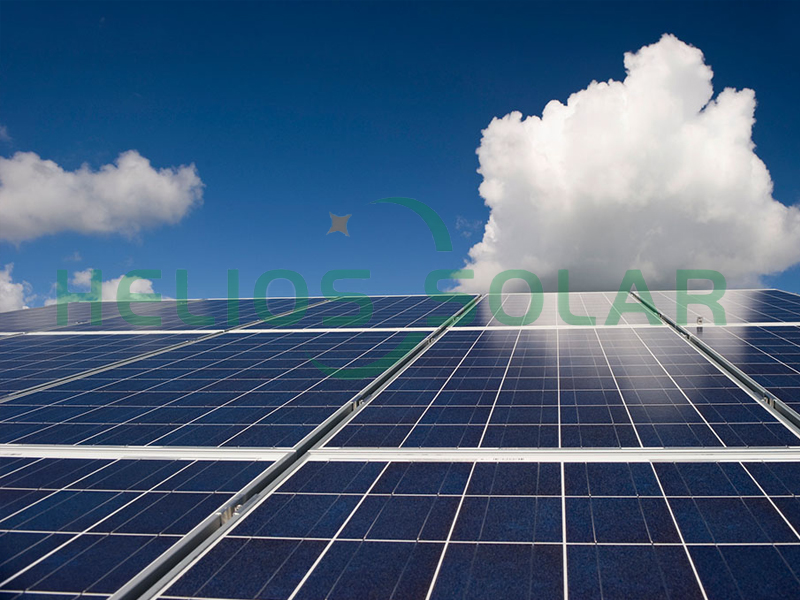As we continue to look for more sustainable and efficient ways to power the world, the future of solar panel technology is a topic of great interest and excitement. As renewable energy grows, it is clear that solar panel technology will play a key role in future energy production.
Solar panel technology has come a long way since its inception. The first solar cells were developed in the 19th century, and the technology has developed rapidly since then. Today, we have more efficient and cost-effective solar panels that can be used to power homes, businesses, and even entire cities.
One of the most exciting developments in solar panel technology is the advancement of photovoltaic cells. These cells are part of a solar panel and are responsible for converting sunlight into electricity. Scientists and engineers are constantly working to improve the efficiency of these cells, making them more effective at capturing sunlight and converting it into usable energy. Increased efficiency means solar panels can produce more electricity using less space and less material, ultimately lowering costs and making solar energy more accessible to a wider population.
Another area of innovation in solar panel technology is the development of new materials and manufacturing processes. Traditionally, solar panels have been made from silicon, a relatively expensive, energy-intensive material. However, researchers are exploring new materials such as perovskites, which could potentially provide lower-cost alternatives to traditional silicon-based panels. Additionally, advances in manufacturing processes such as 3D printing and roll-to-roll production have made it easier and more cost-effective to produce solar panels at scale.
The future of solar panel technology is also expected to improve energy storage solutions. One of the challenges with solar energy is its intermittency—the sun doesn’t shine 24/7, and energy production can fluctuate depending on the weather and time of day. However, advances in battery technology have made it possible to store excess energy generated on sunny days for use on cloudy days or at night. As these energy storage solutions become more efficient and affordable, solar energy will become a more reliable and stable source of electricity.
In addition to technological advancements, the future of solar panel technology will also be affected by policy and regulatory changes. Governments around the world are increasingly focusing on renewable energy as a means of combating climate change and reducing dependence on fossil fuels. This policy shift is driving investment and innovation in the solar industry, leading to further improvements in technology and lower costs.
Looking ahead, it’s clear that solar panel technology will continue to evolve and improve. The potential of solar energy to provide clean, renewable, and abundant energy is enormous, and advances in technology will only further unlock this potential. From more efficient and cost-effective solar panels to improved energy storage and supporting policies, the future of solar panel technology is bright.
All in all, the future of solar panel technology is full of promise and potential. Advances in photovoltaic cells, materials, manufacturing processes, and energy storage solutions are reducing costs and increasing the efficiency of solar panels. Combined with supportive policy and regulatory changes, solar panel technology is expected to play a key role in the future of energy production. As we continue to invest and innovate in the solar space, we can look forward to a future powered by clean, renewable, and sustainable energy.
Post time: Dec-22-2023


